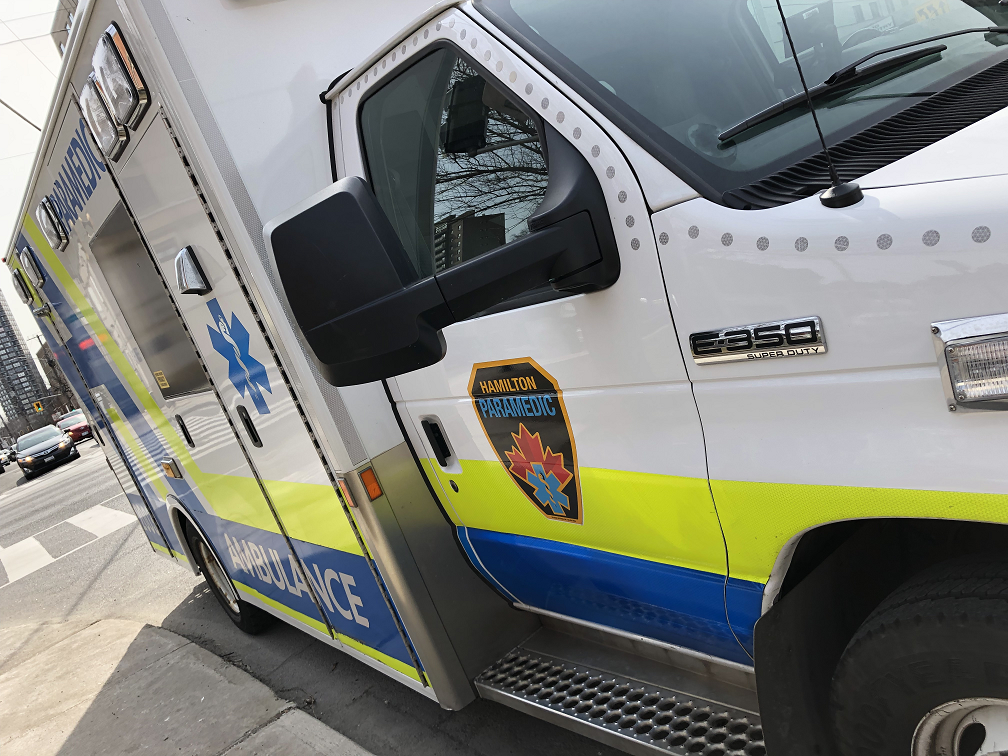A pair of Ontario psychiatric researchers have received a much needed financial boost from Canada’s medical research agency to study first responders with post-traumatic stress disorder.

The Canadian Institutes of Health Research are providing close to $1 million in funding over three years to McMaster’s Margaret McKinnon and Western’s Dr. Ruth Lanius – principal investigators of the Goal Management Training project aimed at improving cognitive functioning among public safety personnel with PTSD.
The study will include a number of front-line workers including firefighters, police, paramedics, and other institutional officers currently responding to the COVID-19 pandemic.
The trial is expected to focus on reasoning and the mental functionality of safety workers with PTSD by examining changes in the subjects when they return to work.
McKinnon says the study will also use magnetic resonance imaging (MRI) to observe the brain structure and brain function of safety workers and volunteers.
“What’s really novel about this approach is that we’ll be imaging the brain before and after the treatment, so we can get a sense of not only any potential changes in the structure of the brain as a result of treatment but also any changes in the way the brain functions,” said McKinnon, who is the associate professor and associate chair of research of psychiatry and behavioural neurosciences at McMaster.
Lanius says the new research will focus on the effects of trauma in thinking, and not the emotional consequences, such as increased irritability, connected with trauma.
“Many studies to date just look at PTSD symptoms in response to treatment, especially how those symptoms have decreased, but very few studies to date have actually looked at real-world functioning,” said Lanius, who is the associate scientist at Lawson Health Research Institute and a psychiatrist at London Health Sciences Centre.
The study is expected to examine a subject’s ability is to stay focused and avoid “absentminded” slip-ups, at work and at home.
“This can be something as simple as making a recipe to as complex as stopping and thinking before making a careless remark to a family member. Some aspects of functioning may be undervalued by treatment providers but highly valued by patients with PTSD,” Lanius said.
St. Joseph’s Healthcare Hamilton, London Health Sciences, and Homewood Health Centre in Guelph are expected to recruit candidates from across Ontario for the study.
“Questions about COVID-19? Here are some things you need to know:
Health officials caution against all international travel. Returning travellers are legally obligated to self-isolate for 14 days, beginning March 26, in case they develop symptoms and to prevent spreading the virus to others. Some provinces and territories have also implemented additional recommendations or enforcement measures to ensure those returning to the area self-isolate.
Symptoms can include fever, cough and difficulty breathing — very similar to a cold or flu. Some people can develop a more severe illness. People most at risk of this include older adults and people with severe chronic medical conditions like heart, lung or kidney disease. If you develop symptoms, contact public health authorities.
To prevent the virus from spreading, experts recommend frequent handwashing and coughing into your sleeve. They also recommend minimizing contact with others, staying home as much as possible and maintaining a distance of two metres from other people if you go out.








Comments